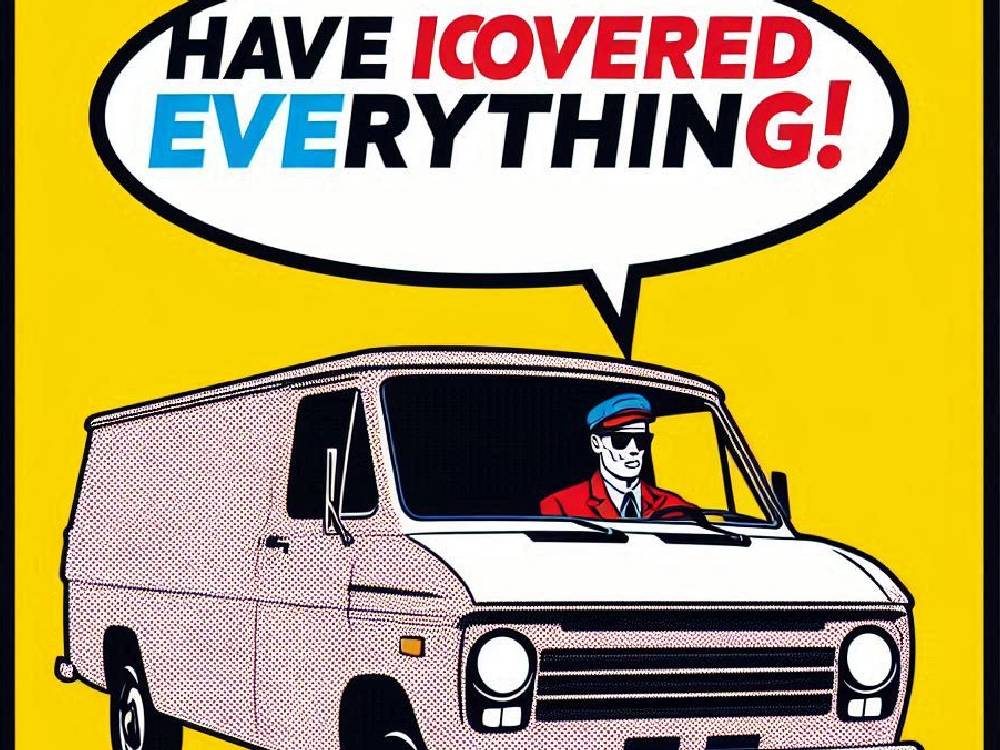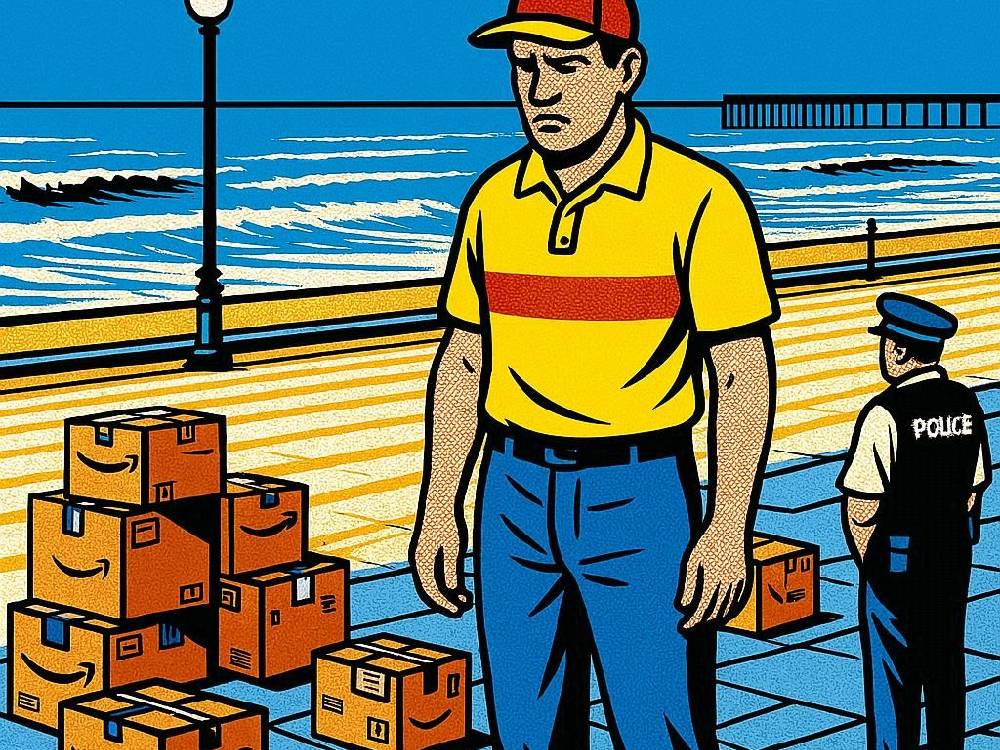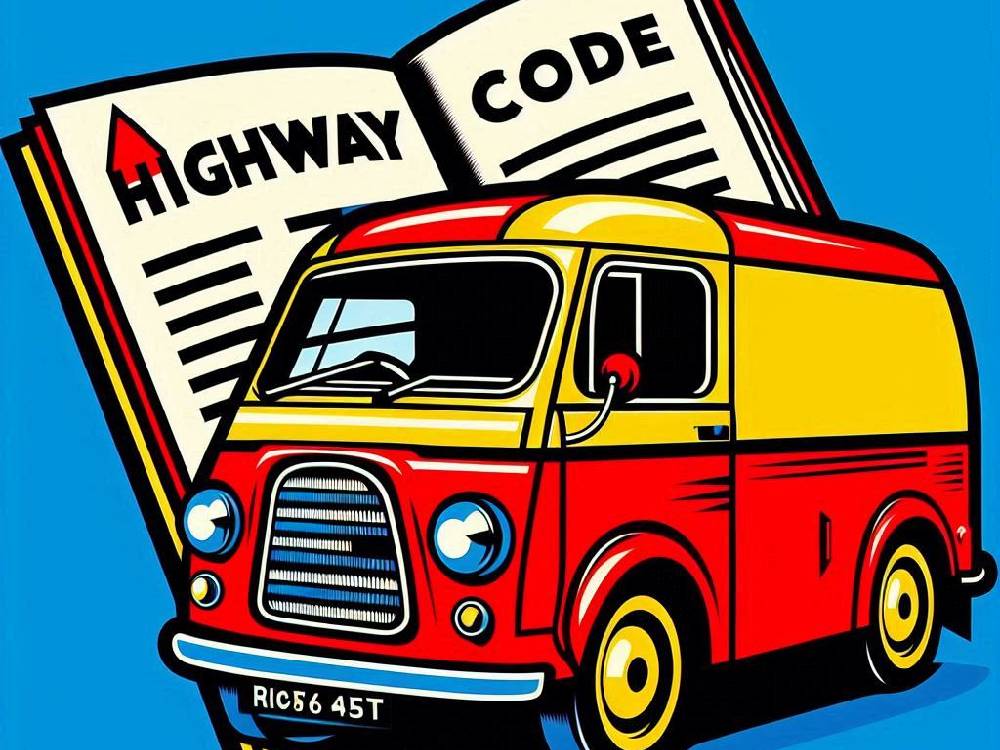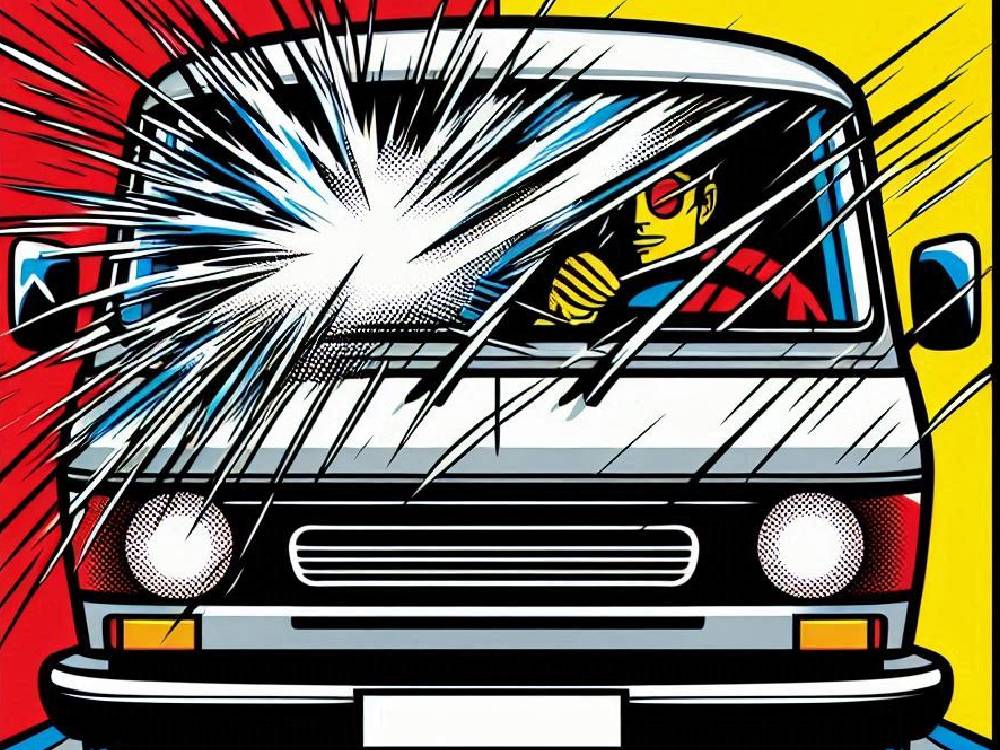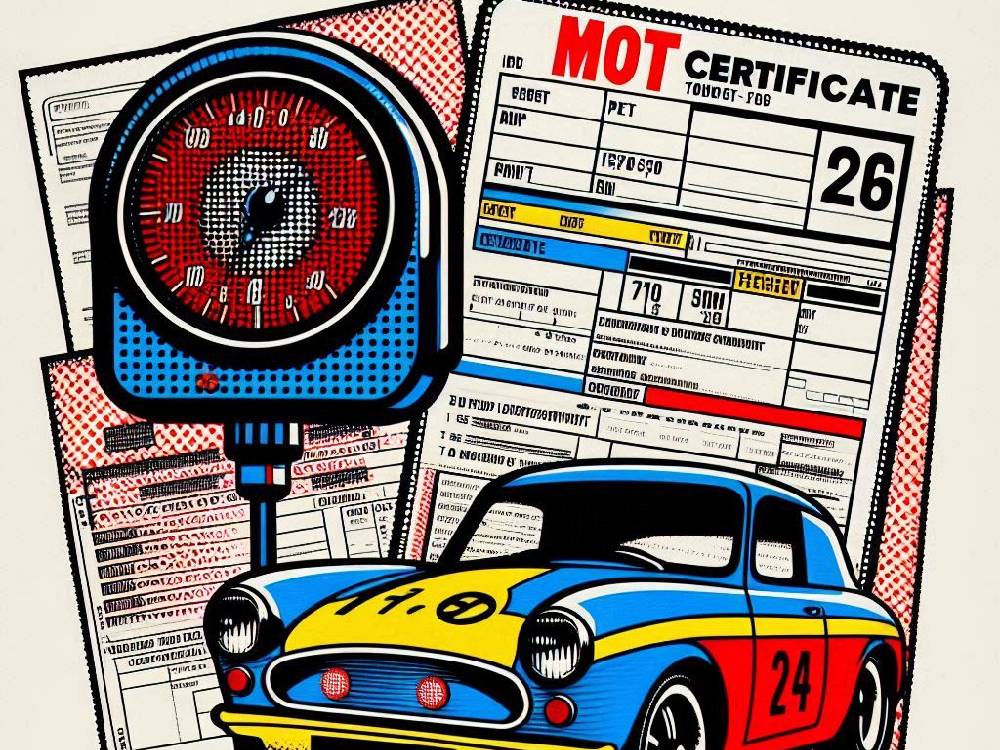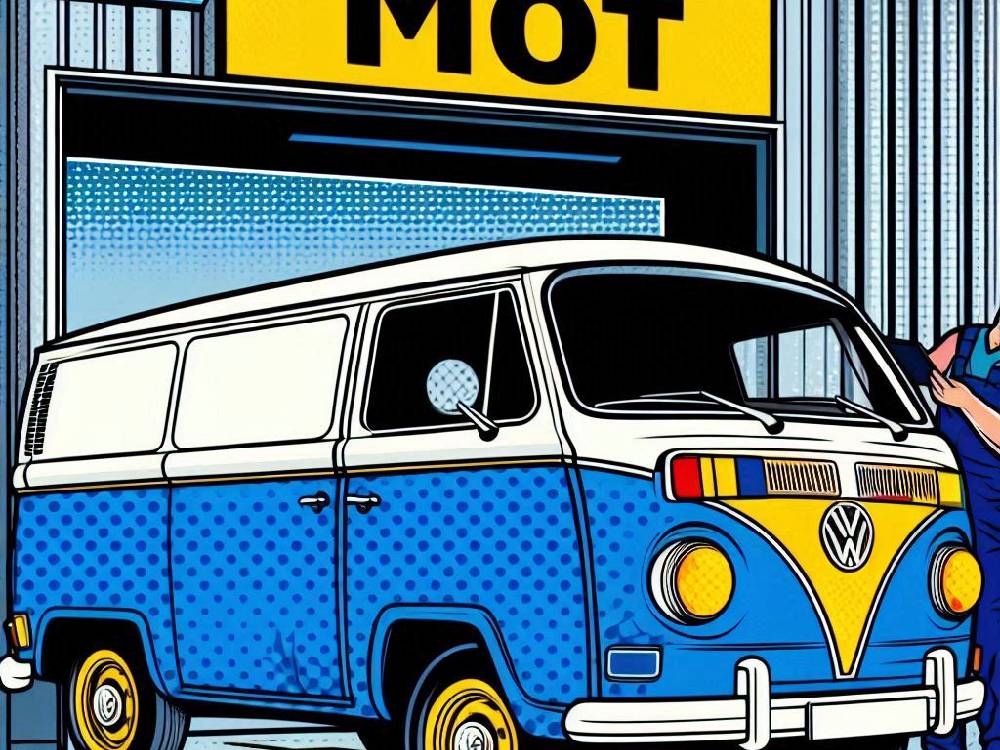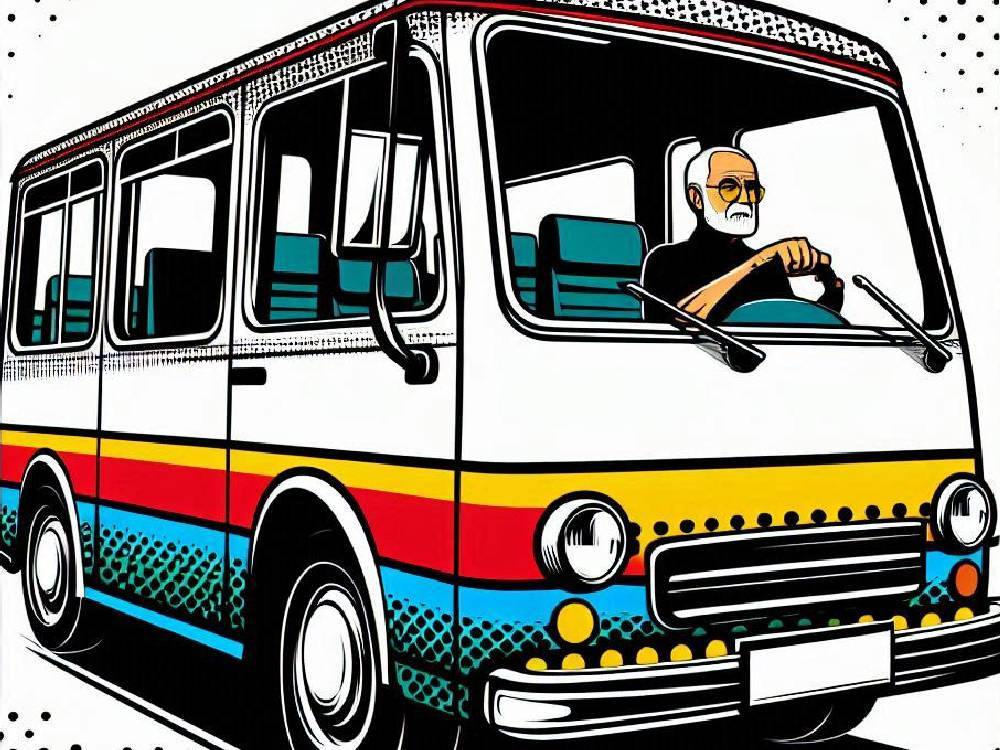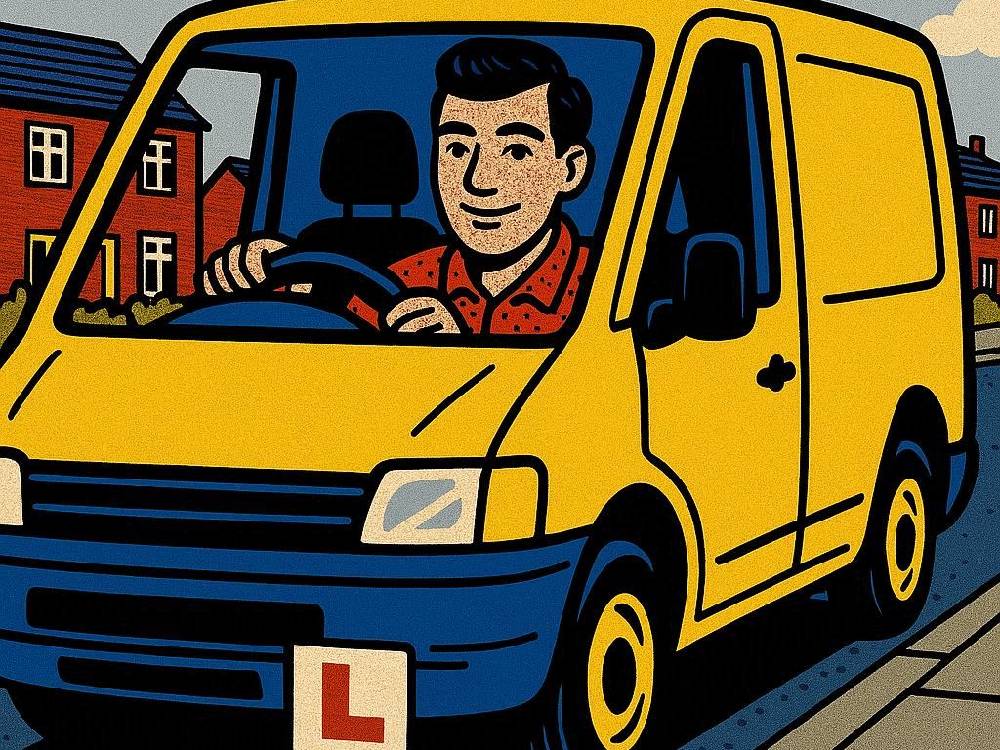Introduction
Most drivers trust a van check to tell them everything that matters about their Van Insurance.
That confidence feels sensible.
Unfortunately, it’s also where expensive mistakes usually begin.
Because a van can look perfect on paper and still be completely wrong for your policy.
And when that gap shows up, it shows up in your premium.
Or worse.
**“If it’s legal, it must be fine.”
That assumption costs more than most people realise.**
Van Insurance: What A Van Check Doesn’t Tell You
Your van is taxed.
The MOT is valid.
Your service history looks clean.
So naturally, you relax.
That feels logical.
It also creates false security.
Because a van check tells you the van is legal.
It does not tell you the van is insurable.
And insurers care far more about the second one.
The Coverage Gap Nobody Talks About: Van Insurance
Most drivers don’t lie.
They assume.
They say they use the van for work.
Which feels accurate.
But insurers don’t price feelings.
They price definitions.
Business use.
Courier use.
Each one changes your risk profile.
Each one changes your Van Insurance rating.
And none of it appears on a van check.
That gap is where premiums quietly climb.
This is why people searching for Cheap Van Insurance often feel blindsided.
They didn’t change anything.
The classification did.
Car-Derived Vans And The Grey Area Trap
A car-derived van feels like a car.
It drives like one.
It parks like one.
So people treat it like one.
Insurers do not.
They treat it as a van.
Different rules,
Pricing,
Different expectations.
Once again, a van check won’t flag this.
It won’t explain it.
It won’t protect you from it.
Which is exactly why so many drivers end up confused after renewal.
And then frustrated.
And then searching for Very cheap van insurance that suddenly feels impossible.
Modifications: Helpful To You, Risky To Insurers
Shelving feels sensible.
Racking feels professional.
Roof bars feel practical.
Signwriting feels harmless.
But insurers see modification.
And modification means reclassification.
Which means repricing.
Even small changes alter theft risk.
They alter weight distribution.
They alter accident severity.
So while you’re being efficient, your premium may be quietly rising.
And again.
A van check won’t care.
Your insurer absolutely will.
This is one of the most common reasons drivers drift away from Cheapest van insurance without realising why.
Why This Matters For Your Van Insurance
Every hidden mismatch increases perceived risk.
Every perceived risk increases your premium.
And every premium increase pushes you further away from Cheap Van Insurance UK.
Not dramatically.
Gradually.
Quietly.
Until one day, your renewal lands.
And it stings.
This is why so many drivers only discover issues after something goes wrong.
Because hindsight is always clearer than foresight.
And insurance runs on hindsight.
Not sympathy.
That’s exactly why so many people end up on 👉 https://www.cheapvaninsurance.co.uk/
after a shock increase.
Because prevention is invisible.
But cost is not.
Van Insurance Compliance Blind Spot
Load type matters.
Load weight matters.
Seat configuration matters.
Payload limits matter.
These are not technicalities.
They are underwriting factors.
Which means they affect your Van Insurance validity.
But a van check won’t flag misuse.
It won’t warn you if you’re overloading.
It won’t track what you carry.
That responsibility sits with you.
And insurers assume you know.
Which is generous.
And dangerous.
This is exactly why compliance keeps coming up in cases like
👉 https://www.cheapvaninsurance.co.uk/2023/04/20/why-proper-vehicle-compliance-is-crucial-for-road-safety/
Because compliance feels boring.
Until it becomes expensive.
The Psychological Trap
Most people think:
“If there was a problem, someone would tell me.”
But insurance doesn’t work like that.
It assumes responsibility sits with you.
Not the system.
Not the checker.
You.
Which means silence is not reassurance.
It’s just silence.
And silence is costly.
That’s why cases like
👉 https://www.cheapvaninsurance.co.uk/2023/05/11/are-you-driving-a-car-or-a-van-check-your-insurance-policy/
catch people out so often.
Because the line is thinner than it looks.
And once you cross it, there is no warning bell.
Just consequences.
The Link Between Checks And Cost
This is where it all connects.
A van check shows legality.
Insurers assess behaviour.
And behaviour is what drives price.
Which is exactly why drivers who do “everything right” still struggle to access Cheap Van Insurance.
Because they’re checking the wrong things.
That’s the gap.
And that gap is wh
Hidden Checks That Could Save You Thousands
The Data Layer You Never See.
On the surface, insurers check your van.
However, in reality, they check patterns.
Therefore, two identical vans can receive completely different quotes.
Because behind the scenes, insurers analyse claims databases.
Meanwhile, postcode theft rates quietly influence risk.
At the same time, occupation scoring shapes premiums.
Consequently, behaviour often matters more than hardware.
This is why trends like those highlighted in
👉 https://www.cheapvaninsurance.co.uk/2025/03/26/van-thefts-surge-across-the-uk-in-2024/
affect prices long before drivers notice.
In other words, the data moves first.
Behavioural Signals And Risk Flags
On the one hand, changing policies feels proactive.
On the other hand, insurers see instability.
Likewise, short-term cover can look strategic.
However, it can also look risky.
Similarly, multiple quotes feel sensible.
Yet, they can trigger scrutiny.
As a result, drivers chasing Very cheap van insurance sometimes create the opposite effect.
Therefore, consistency becomes currency.
Not price.
This is also why cases involving fraud exposure, like
👉 https://www.cheapvaninsurance.co.uk/2025/04/06/fraudsters-editing-documents-uk-insurance-scam/
carry long-term impact.
Even when drivers did nothing wrong.
Postcodes, Tools And Unfair Advantage
Where you park matters.
Likewise, where you work matters.
Moreover, where you load matters.
Because postcodes are risk profiles.
Not just locations.
Therefore, tool theft trends now shape premiums.
Accordingly, articles like
👉 Insurance UK: Why Your Job Title Matters Most
matter more than most people realise.
In short, risk clusters cost money.
Even if you’ve never had an issue.
Why Understanding This Changes Everything
Once you understand the hidden checks, everything shifts.
No guessing, you structure.
Instead of reacting, you align.
No just hoping hoping, you optimise.
Consequently, Cheap Van Insurance UK becomes achievable again.
Not through shortcuts.
But through accuracy.
That is how drivers move back towards Cheapest van insurance legitimately.
Because insurers reward alignment.
Not intention.
The Quiet Advantage And Van Insurance
Most drivers only think at renewal.
However, by then, the data is already set.
Therefore, proactive drivers win.
Because they declare correctly.
They stabilise patterns.
Because they avoid red flags.
As a result, they access Very cheap van insurance consistently.
Not occasionally.
And not accidentally.
That’s the difference.
Conclusion
A van check shows legality.
However, insurers assess behaviour.
Therefore, the real cost lives in what you don’t see.
Consequently, most UK drivers lose money through assumption, not recklessness.
Once you understand the hidden layer, you regain control.
Your cover improves.
Quotes stabilise.
Your options expand.
If you want to explore this further, these may help:
- https://www.cheapvaninsurance.co.uk/2025/07/06/temporary-van-insurance-and-instant-cover/
- Van Insurance UK: How To Get The Cheapest Cover Without Cutting Corners
- https://www.cheapvaninsurance.co.uk/2025/06/25/costliest-van-repairs-of-2025-what-you-must-know/
Because in Van Insurance, what you don’t see is usually what costs you.

